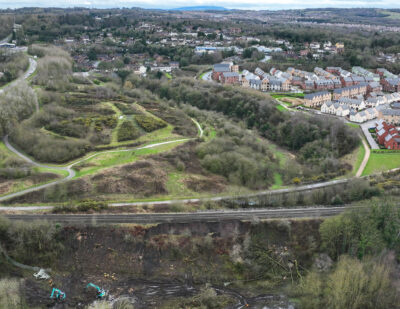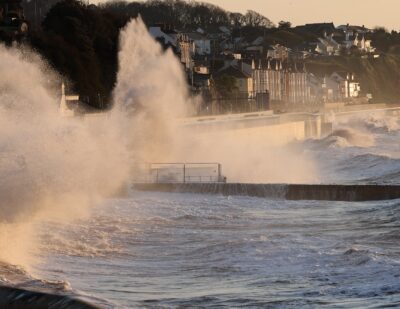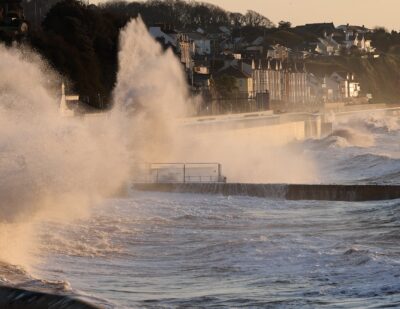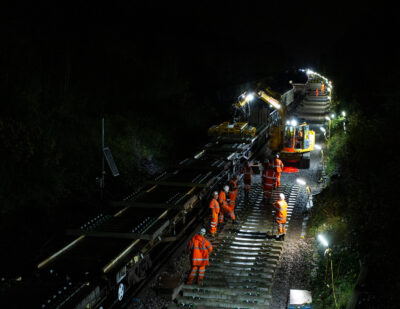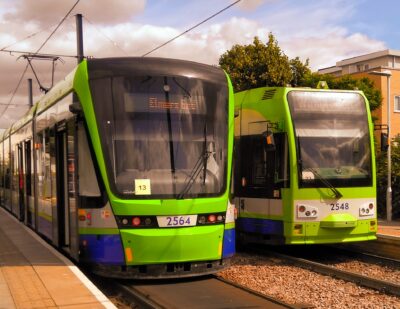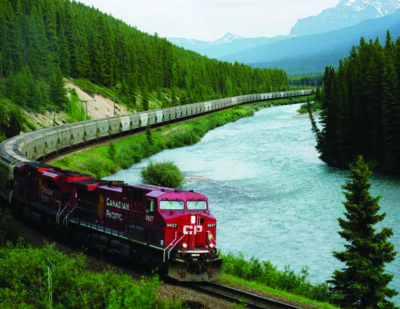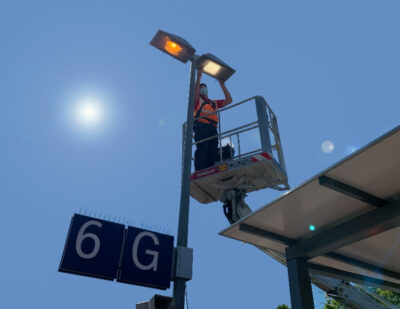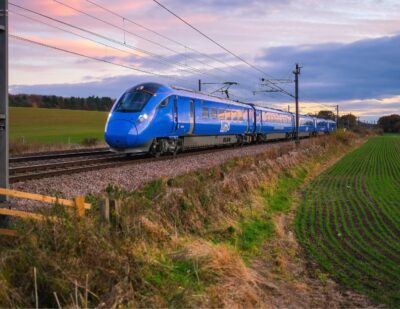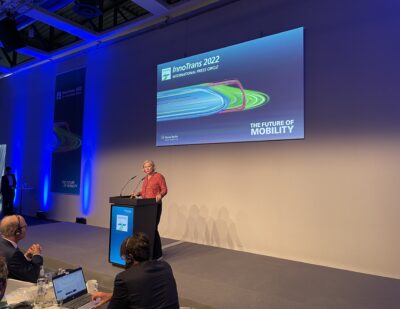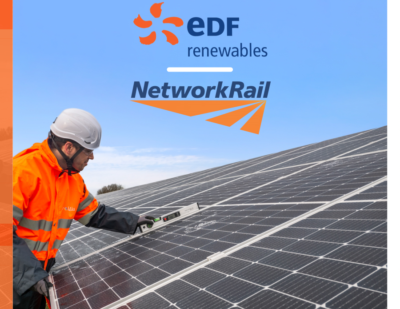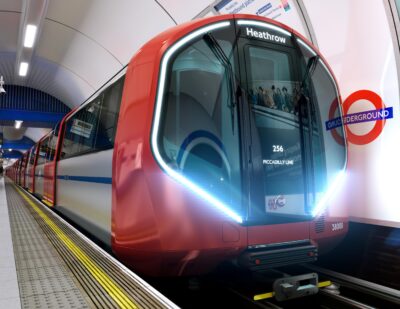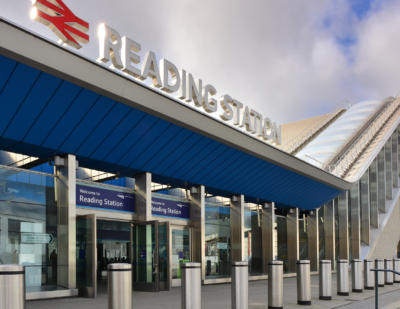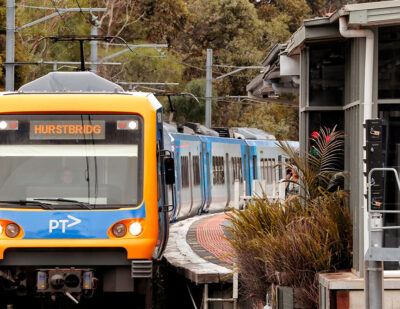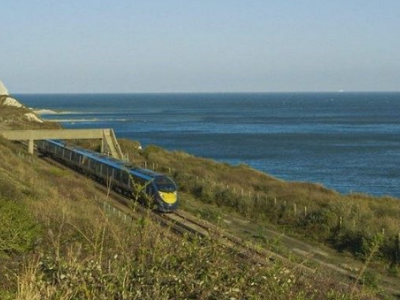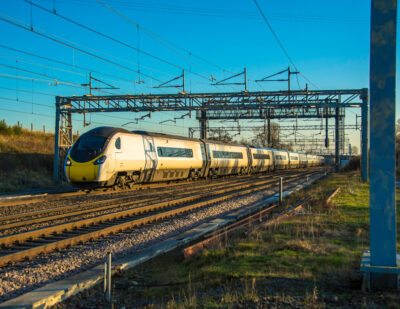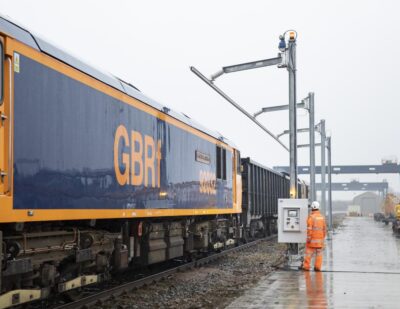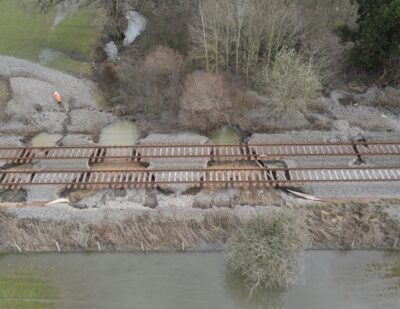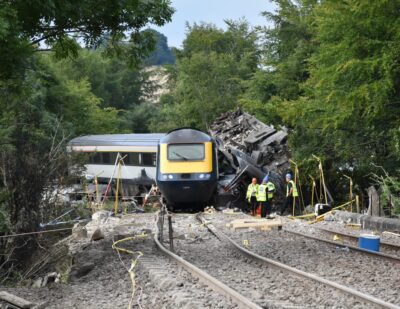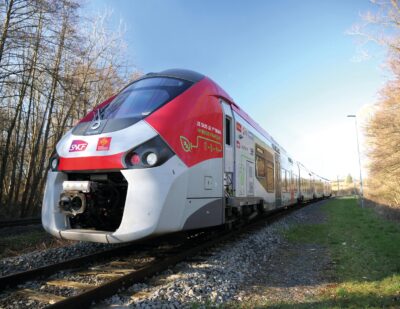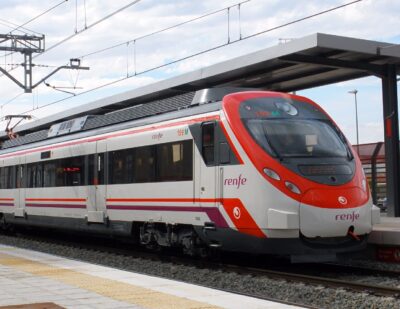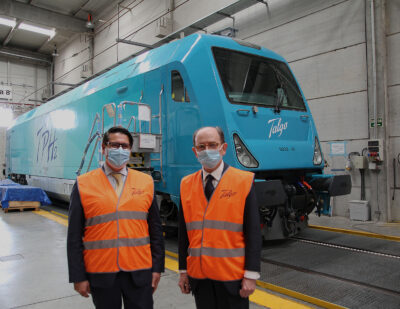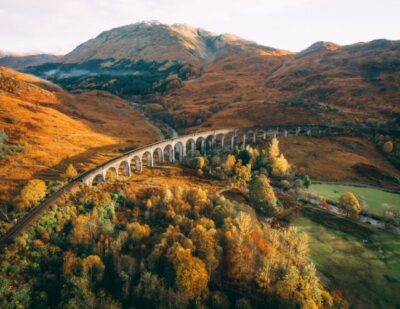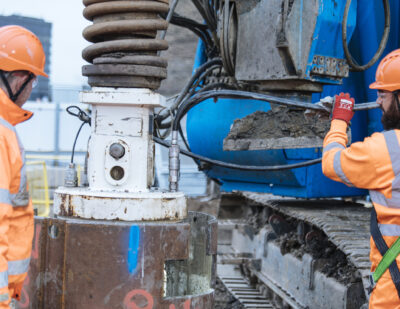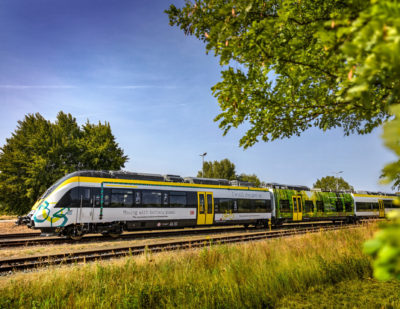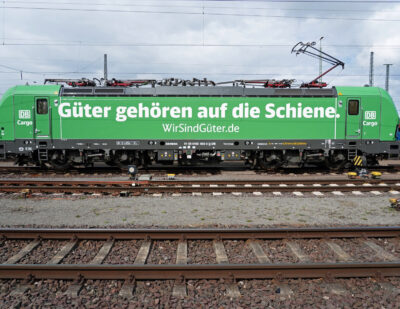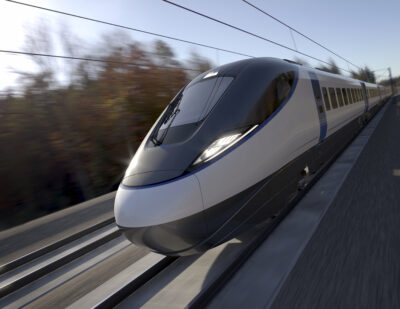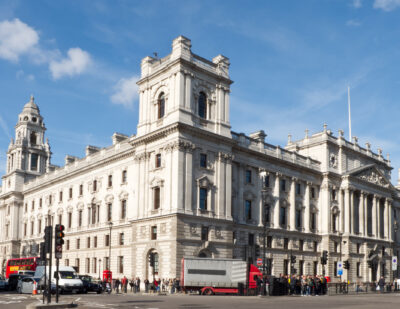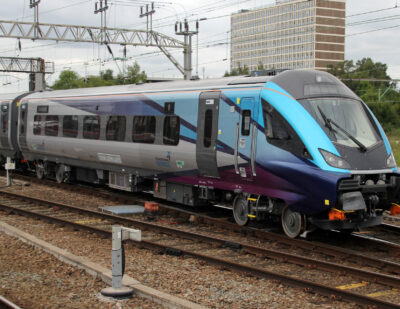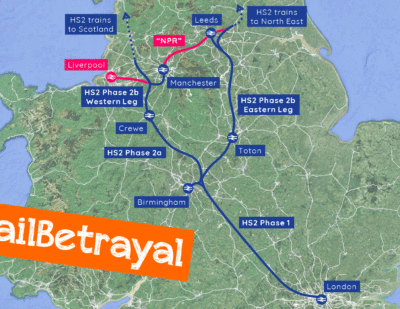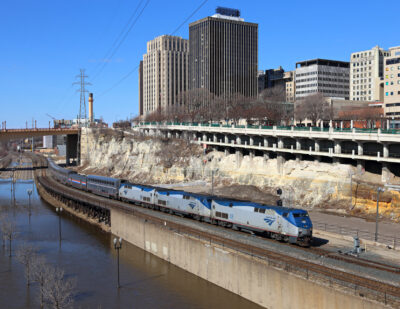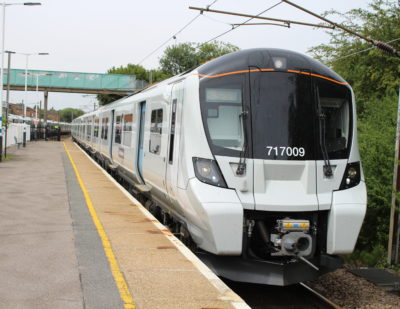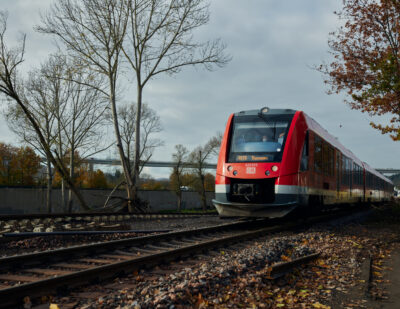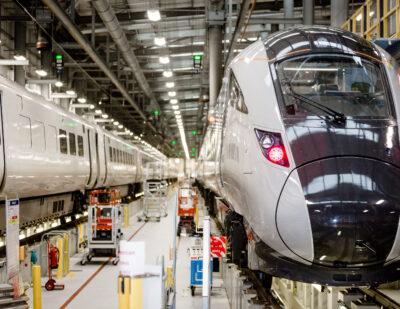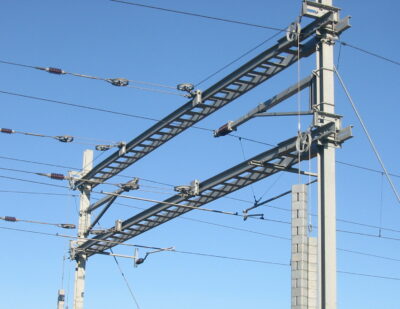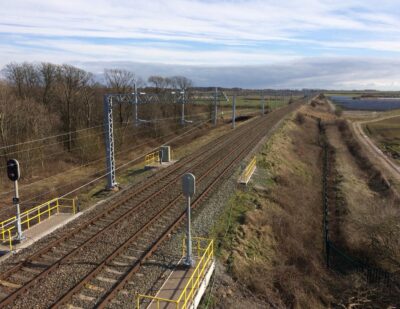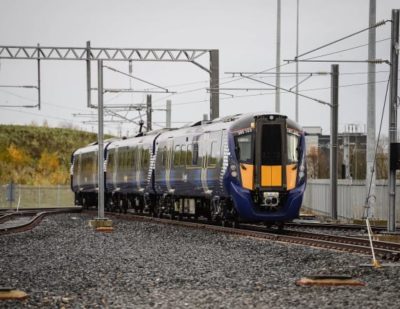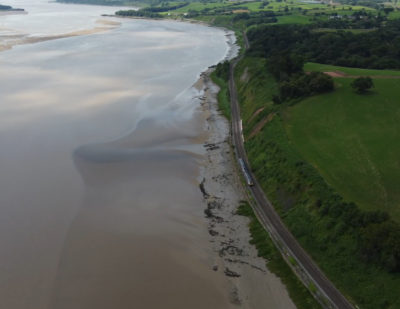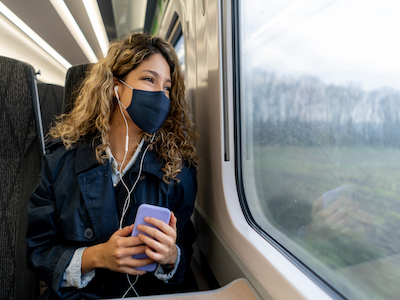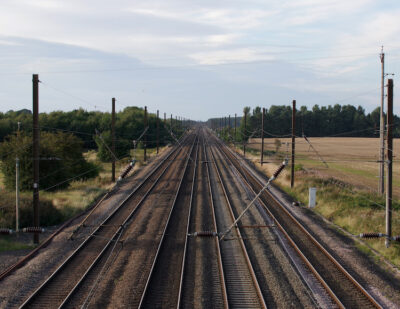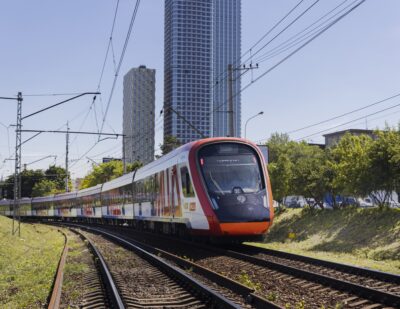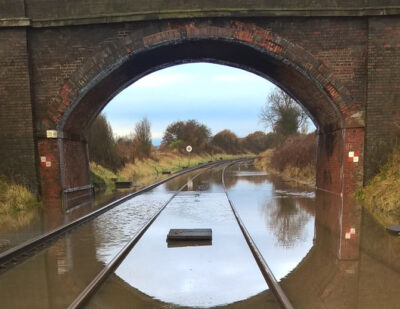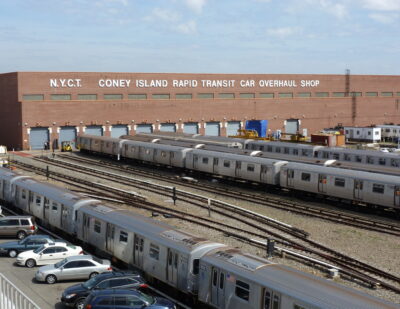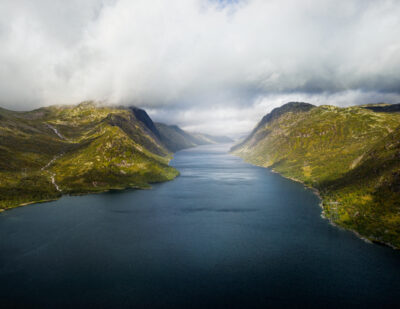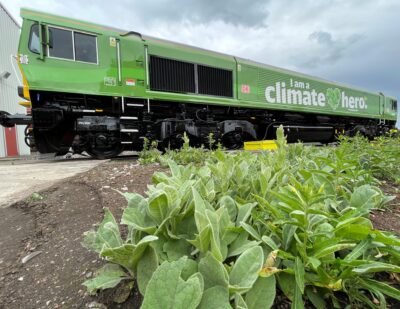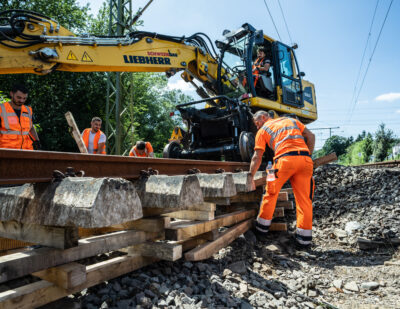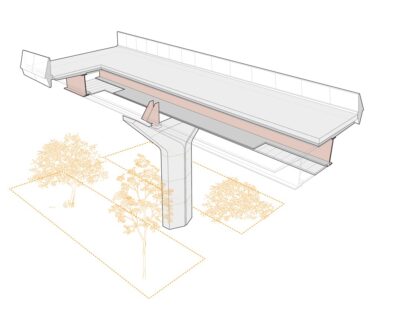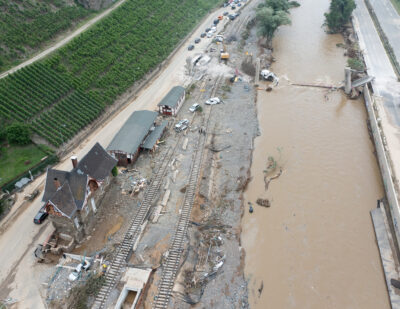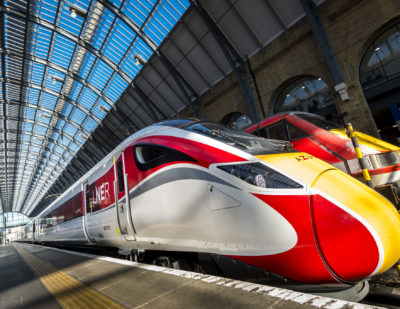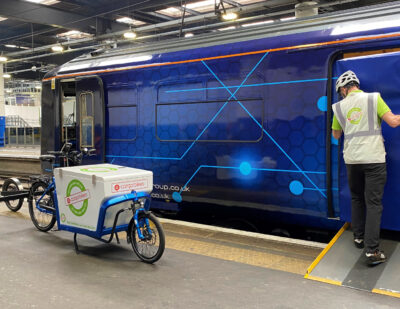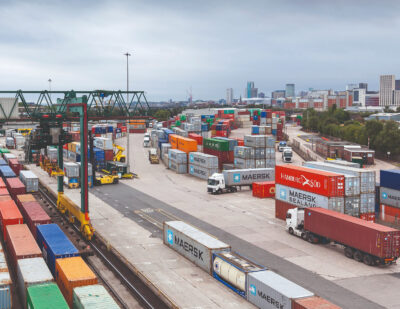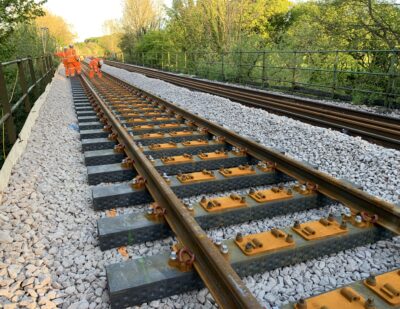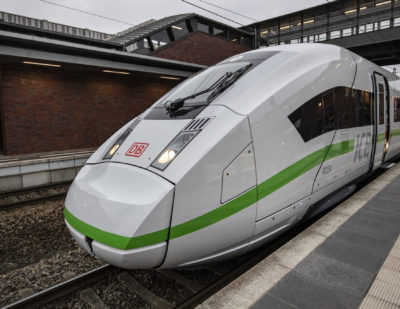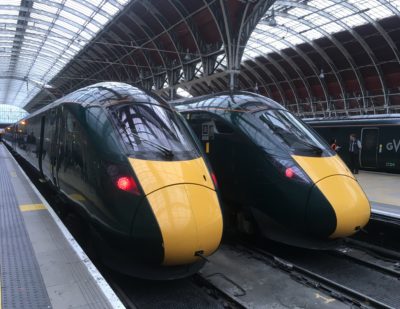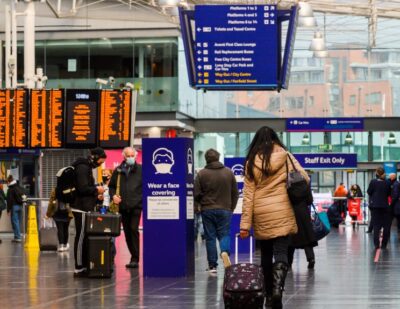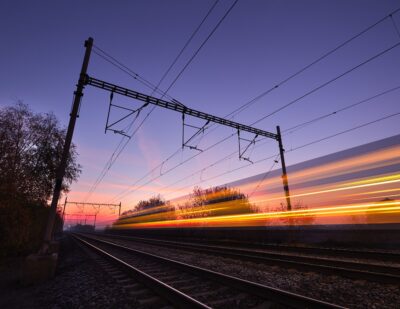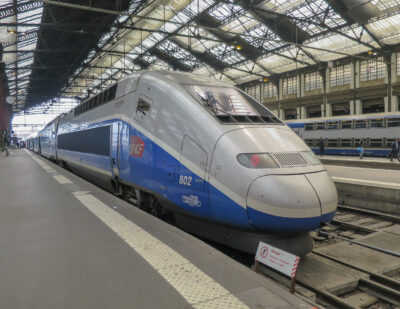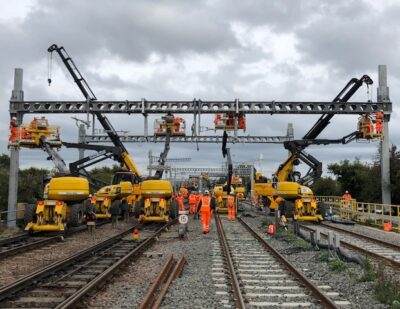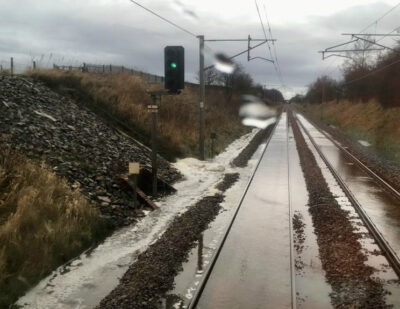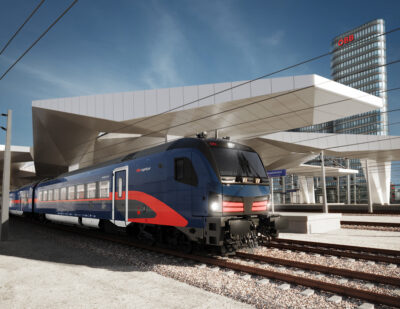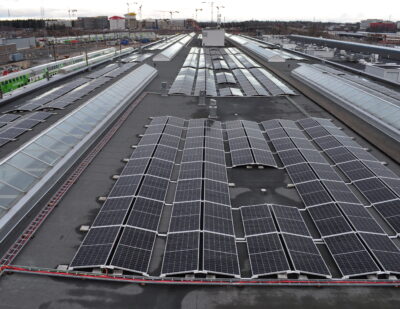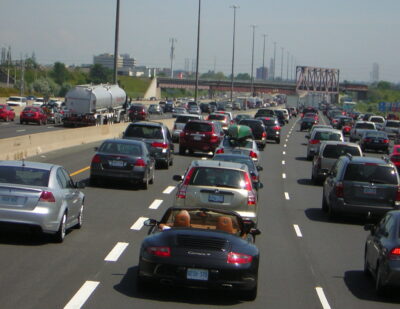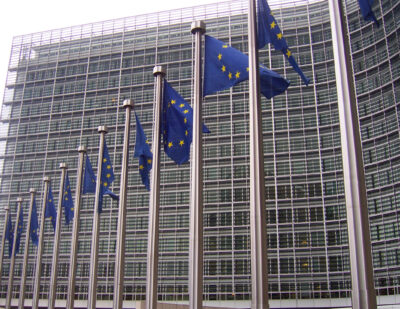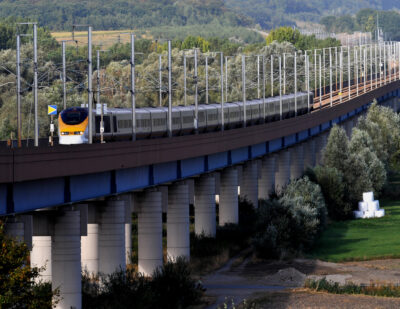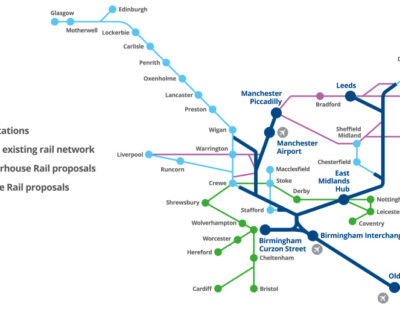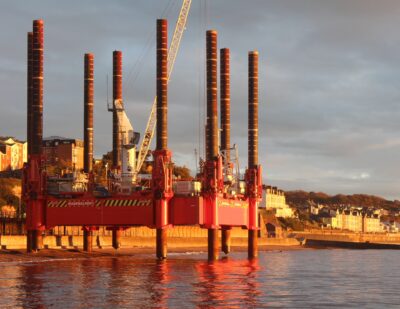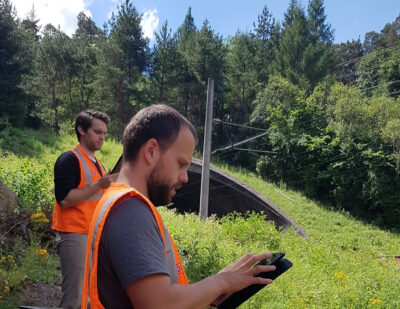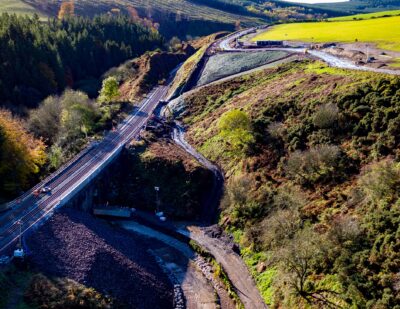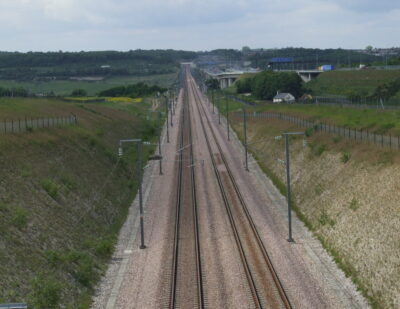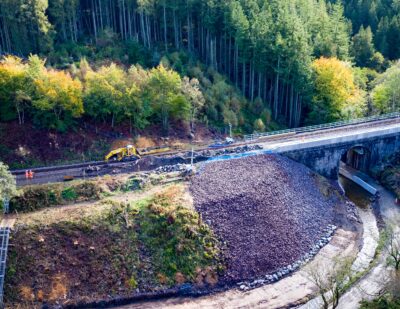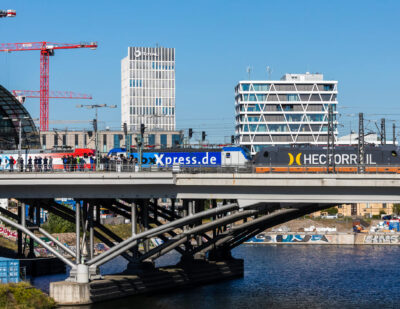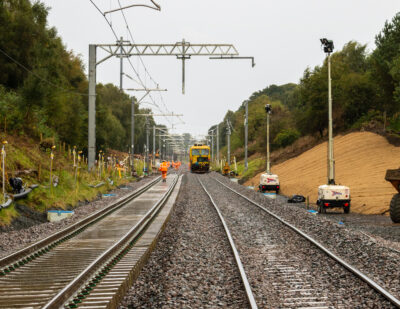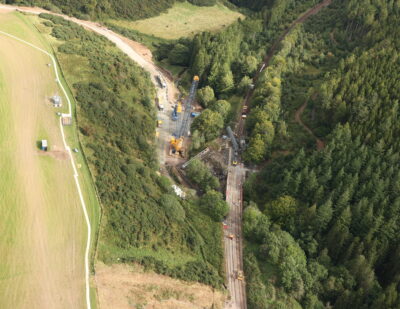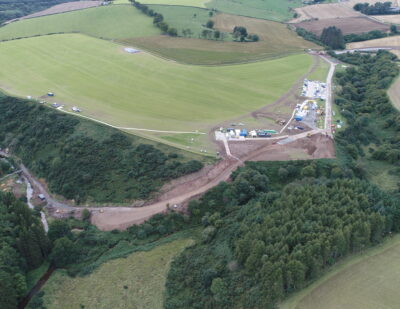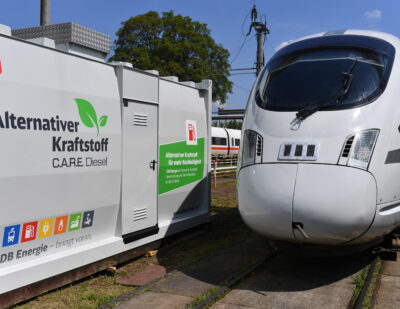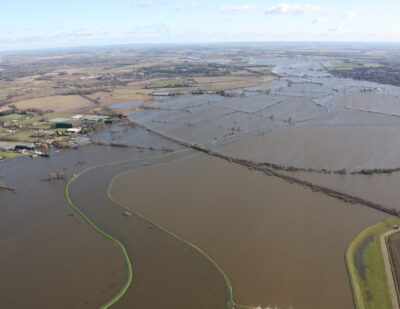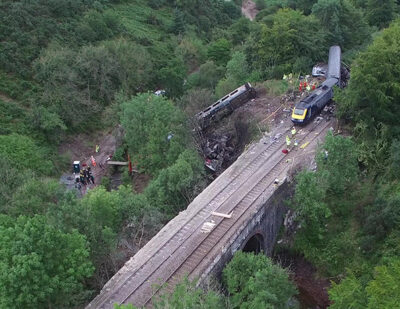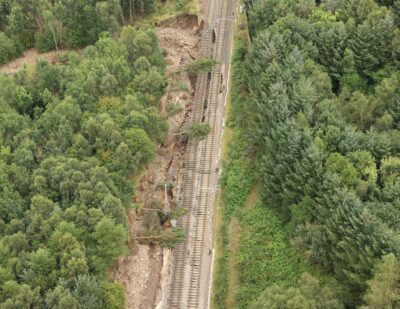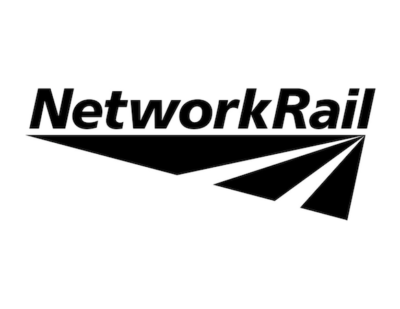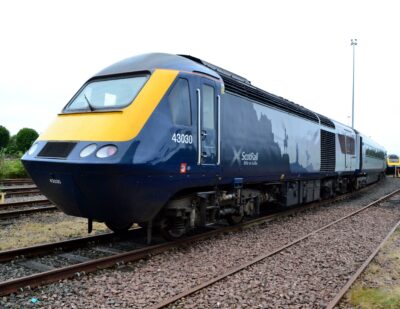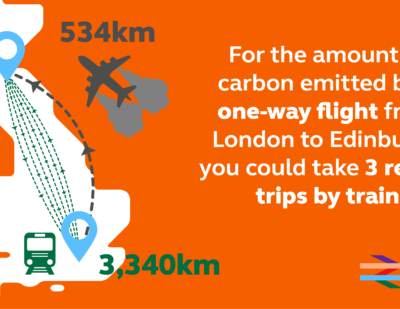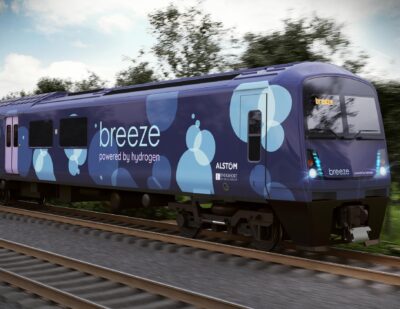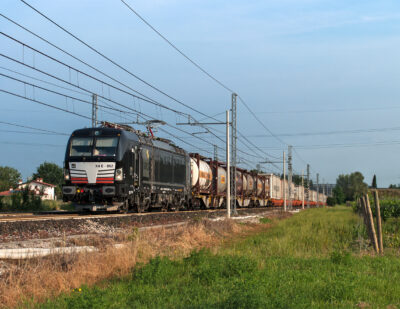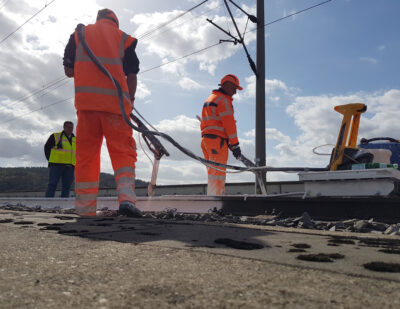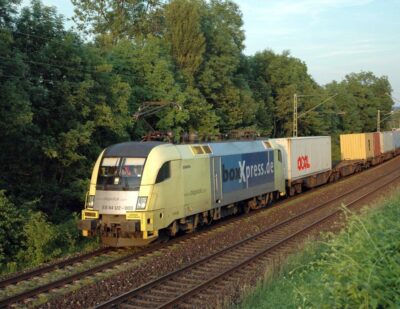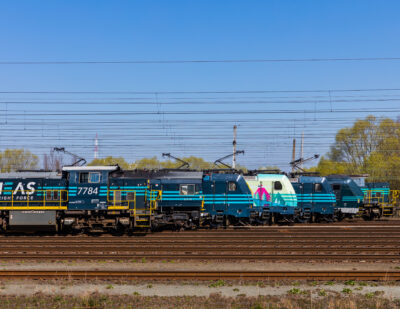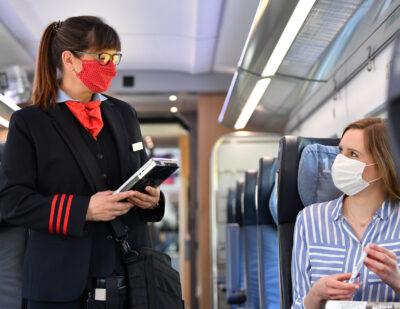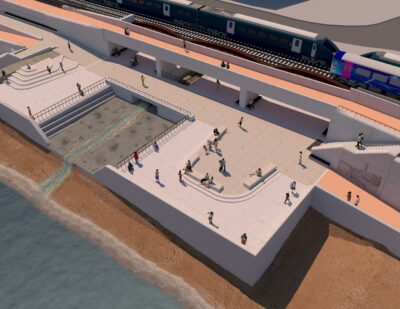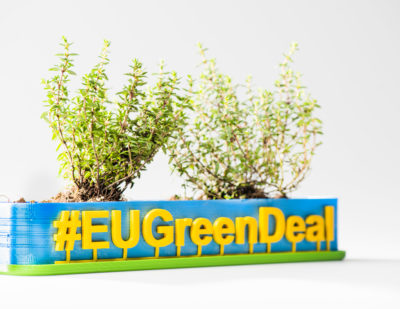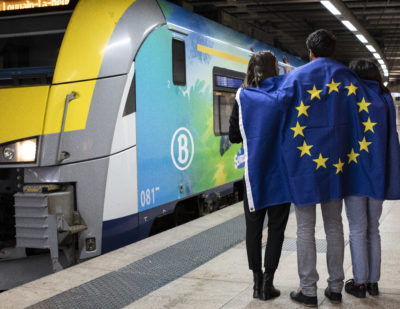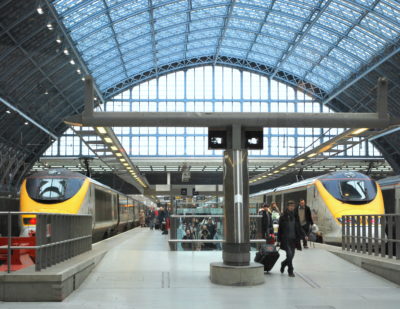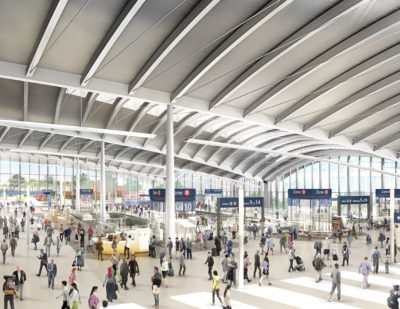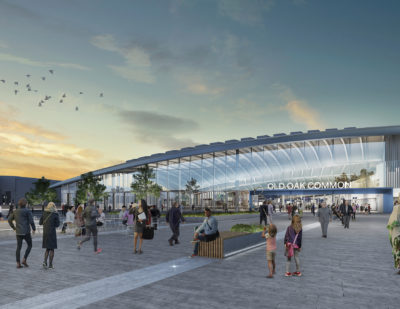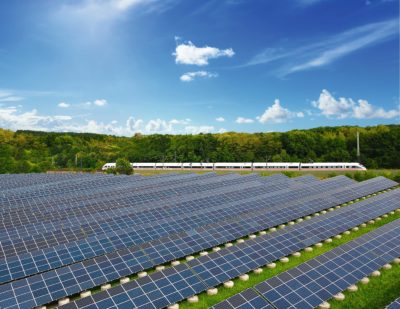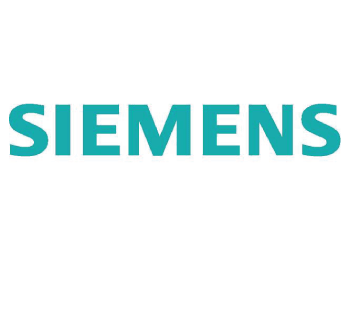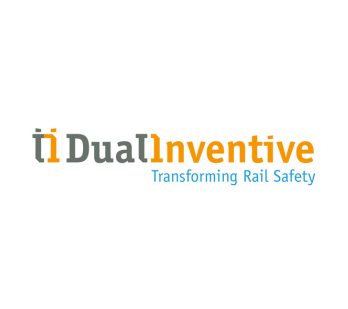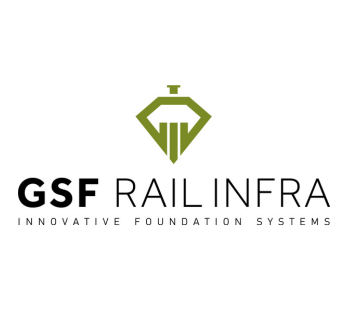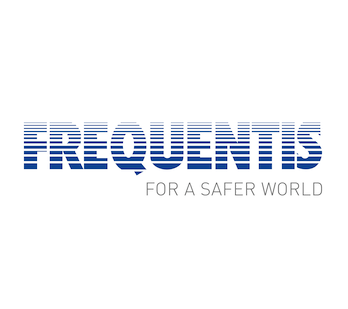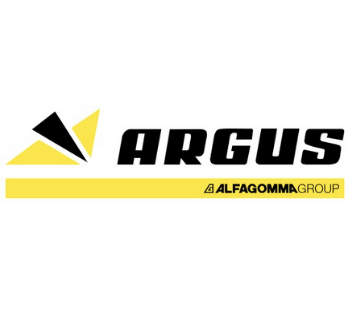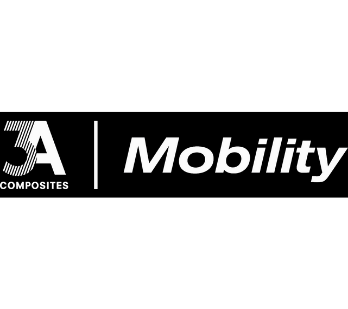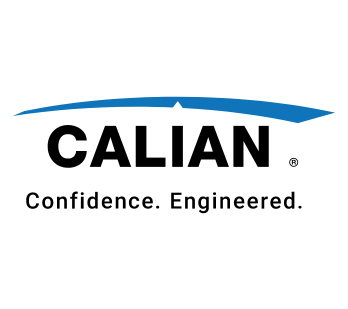I’m going to level with you: I *cannot believe* that the Green Party in Britain and The Wildlife Trusts are vocal opponents of HS2. This is short-sighted madness.
The Wildlife Trusts have published a report entitled “What’s the Damage? Why HS2 will cost nature too much”. In this report, The Wildlife Trusts conclude that HS2 in its current iteration will “risk the loss of, or significantly impact” of, among other things:
- 5 wildlife refuges of international importance
- 33 SSSI (Sites of Special Scientific Interest)
- 693 Classified Local Wildlife Sites
- 108 ancient woodlands
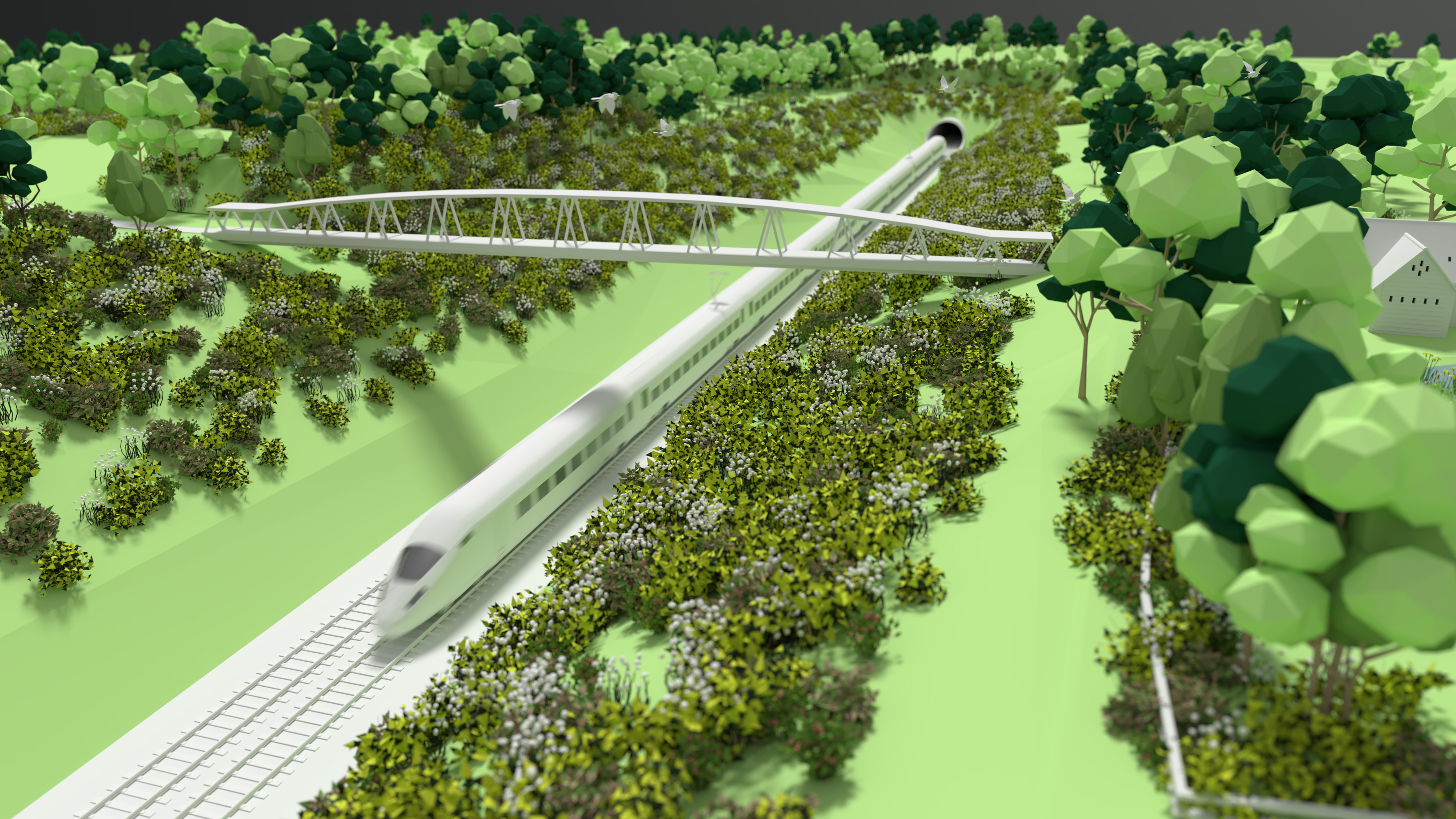
Nikki Williams, who is the Director of Campaigns and Policy at The Wildlife Trusts, had much to say about HS2 and this current report.
“The figures are grim and the reality is worse. The potential loss of so many really important wild places and the wildlife that depends on them has never been revealed before – nor has the damage that will be done to taxpayer-funded, nature recovery projects. HS2 will destroy precious carbon-capturing habitats if it’s allowed to continue in its current form – it will damage the very ecosystems that provide a natural solution to the climate emergency.
“The data also shows that HS2 Ltd’s proposed mitigation and compensation is inadequate and the small measures that they have suggested are inappropriate – amateurish suggestions of paltry measures in the wrong places. Nature and our climate are already in big trouble and we must not make a dire situation even worse – that’s why we are calling on the Prime Minister to stop and rethink the entire development.”
HS2 Ltd decided to respond to the report, saying on Twitter:
“The Wildlife Trusts report is inaccurate and misleading. The fight against climate change needs to be based on facts. [...]
“All leading wildlife organisations agree climate change is the biggest threat to wildlife and habitats in the UK. By providing a greener way to travel, HS2 will help cut the number of cars and lorries on our roads, cut demand for flights, and help fight climate change.
“HS2 will offer some of the lowest carbon emissions per passenger km – 7 times less than passenger cars and 17 times less than domestic air travel. Getting more cars and lorries off our roads will help clean up the air in our towns and cities.
“HS2 has undertaken the largest ever ecological survey in the UK. All this data is public. [...]
“The number of sites presented in The Wildlife Trusts report as 'at risk of loss, or significant impact' is not accurate. It appears to be simply a list of all sites within 500m of the line. It has not been accompanied by evidence of significant impact at these sites.
“The Wildlife Trusts claim that 33 Sites of Special Scientific Interest are affected by the project. In fact, the number is 14, of which only 2 are on Phase One.
“The Wildlife Trusts claims that 693 Classified Local Wildlife Sites are affected. In fact, 204 are affected, of which 61 are on Phase One. [...]
“In 19 of the 32 ancient woodlands affected between London and Birmingham, the total area of loss is less than 1 hectare. The area of woodland in the UK is 3,190,000 hectares.
“In addition to the compensation measures in the plans for Phase One and Phase 2a, a Woodland Fund has been set up to further compensate ancient woodland losses. It funds 33 projects of 116 hectares of new woodland and restore a further 159 hectares of ancient woodland. [...]
“Investment in a state-of-the-art, high-speed line is critical for the UK's low-carbon transport future, it will provide much-needed rail capacity up and down the country, and is integral to rail projects in the north and Midlands which will help the UK economy.”
Of course any new infrastructure, especially a large-scale infrastructure project such as HS2 will impact greenfield sites. That is not under contention. What we should be asking is, what’s the alternative? How much habitat will be destroyed by our climate emergency (the Oxford Word of the Year 2019 btw)? If we don’t build green travel options, we will continue to drive, we will continue to take short-haul flights, we will not shift freight traffic from road to rail. The core is this: the alternative to HS2 is so very much more damaging to the environment and the climate that it does not compare. HS2’s impact should be measured against the real counter-factual – more flights, more cars, more lorries – rather than against the fictitious one of the world remaining as it is.
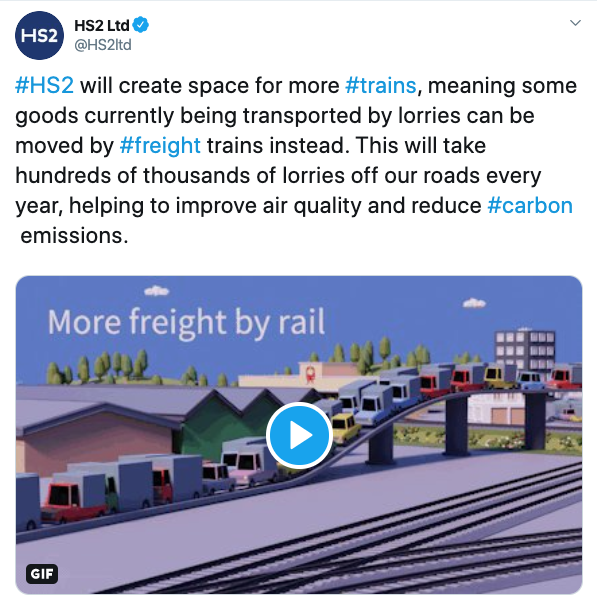
HS2 Is Vital for a Modal Shift to Rail
If we look at the troubles of the airline Flybe, the UK government’s response – a potential loan of around 100m GBP and / or a short-term deferral of an air passenger duty bill of 106m GBP, coupled with promises to review taxes on domestic flights prior to the March budget – is a step in the wrong direction, environmentally. Sure, by flying from Exeter to London, say, the airline does not traverse ancient woodlands, SSIs or Classified Local Wildlife Sites. But if we want people to take the environmentally friendly travel option, we must make it easy, financially competitive and feasible.
“Its {Flybe's} focus, however, on domestic routes with direct rail services, such as Manchester-Glasgow or Birmingham-Edinburgh, also puts it at the potential sharp end of any rising 'flygskam' or flight-shaming trend. Improved journey times and reliability of new trains on the Great Western Railway from Exeter to London have also raised competition.”
When viable alternatives to flying and driving exist, people will use them. They need to be reliable and affordable so that the green choice becomes the self-evident one as well. Opposition to HS2 goes fully in the face of this. Without HS2, capacity will not be freed up on the West Coast Mainline, the East Coast Mainline and the Midlands Mainline for a big increase in services for regional rail journeys. As Permanent Rail Engineering points out, HS2 is therefore three lines for the price of one! Building additional tracks along those three mainlines would be:
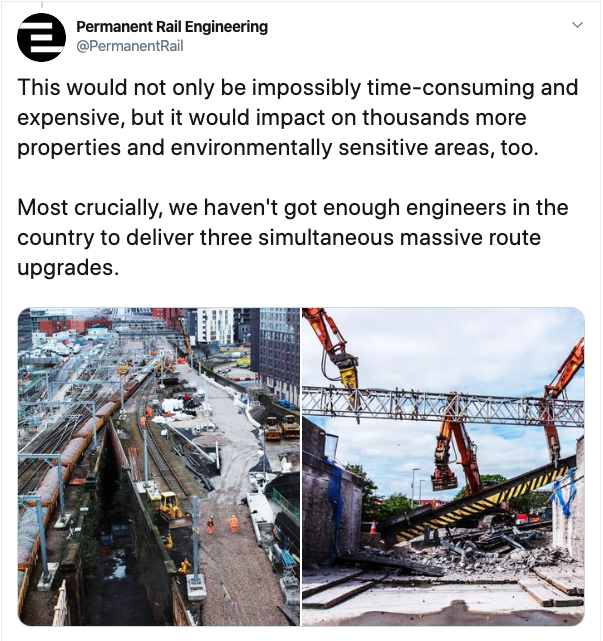
Without HS2 the ability to get from London to Birmingham and up North quickly and easily by rail will go out the window. The result: passengers will continue to choose domestic flights when the last ten years to the end of 2019 have been the warmest decade on record.
Transport is the UK’s number one contributor to greenhouse gas emissions by quite a margin. In 2018, the transport sector accounted for 33 percent of carbon dioxide emissions with the vast majority coming from road transport. And these figures don’t even include international aviation.
Giving up plastic straws is not enough. We must rigorously support all infrastructure efforts that discourage or ban the use of cars, the use of lorries and the use of planes. We must support public transport and active travel everywhere and urgently. This must be reflected in infrastructure building, in taxation and in wider policy measures. Build it and they will come.

